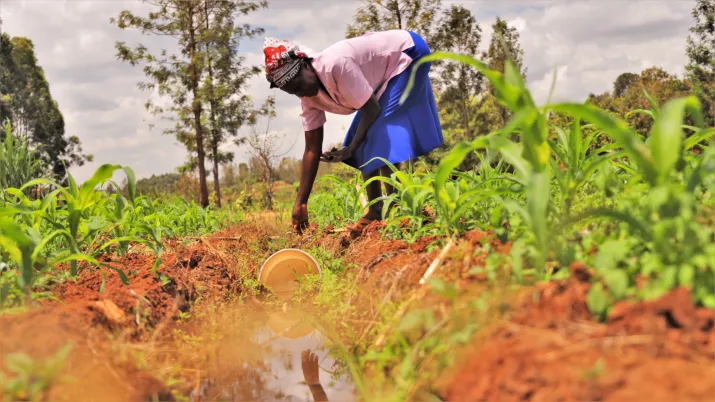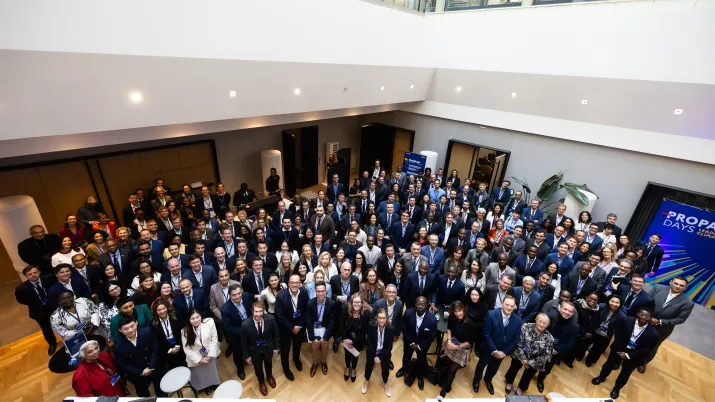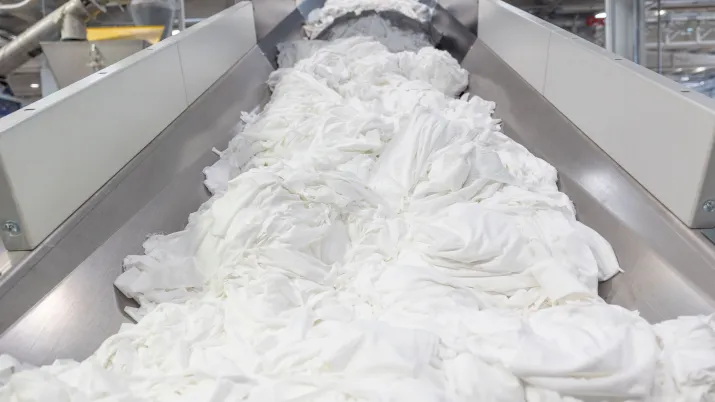Share the page
How Green Climate Fund is using ARAF funding to tackle climate change
Published on
Kavita Sinha Director of the Private Sector Facility Fonds vert pour le climat
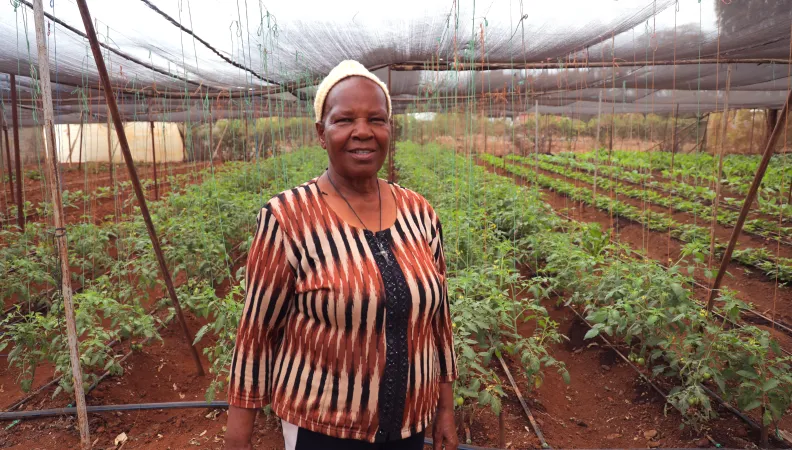
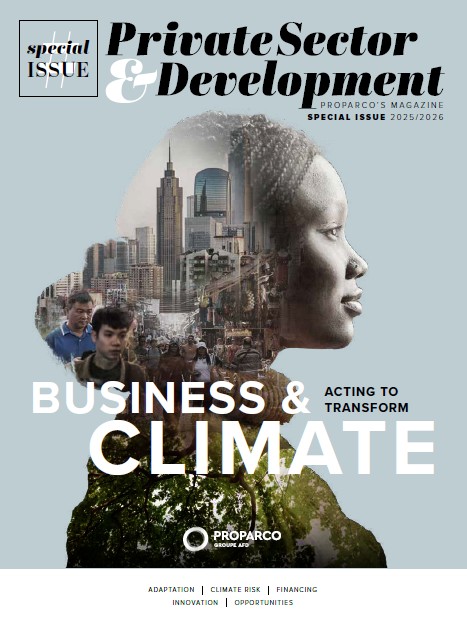
Private Sector & Development - Business & Climate: Acting to transform
Proparco has published a new edition of its Private Sector & Development magazine, focusing on the strategic role of the private sector and financial institutions in tackling the climate emergency.
Read the interview with Kavita Sinha, director of the Private Sector Facility at the Green Climate Fund.
What is Green Climate Fund’s (GCF) global strategy?
It aligns with the Fund’s “50by30” vision, which will enable the GCF to manage USD 50 billion by 2030, and empower it to catalyse climate action for developing countries. Its Readiness Programme will empower developing countries to translate their Nationally Determined Contributions (NDCs), National Adaptation Plans (NAPs) and Long-term Climate Strategies (LTS) into climate investments and programming. The Fund will mobilise the private sector to unlock the financial flows needed for climate action. Further, it will improve access to finance for the communities who need it most. To protect the most vulnerable, adaptation and resilience needs will be addressed immediately, by expanding climate information and providing early warning systems.
How does GCF support the ARAF fund?
In 2018, GCF provided a catalytic anchor investment of USD 23 million to ARAF I – a fund with a target size of USD 50 million - by de-risking investment through a first-loss capital. As the world’s first agriculture fund focused on climate adaptation, ARAF I attracted strong investor interest, closing oversubscribed by USD 8 million above its original target – demonstrating investor appetite for climate adaptation and agriculture-focused investment themes and the risk mitigation enabled by GCF’s participation. GCF provided USD 3 million in grant funding towards a USD 6 million technical assistance facility, to help investees build climate resilience. The grant has raised awareness, steer crop choices in line with climate forecast, and promote adaptation tools, techniques, and income stream diversification. To date, ARAF 1 has impacted 11 million beneficiaries, including 2.2 million smallholder farmers and 8.8 million lives - approximately half of whom live below the poverty line.
Building on the strong track record and investor interest generated by ARAF I, GCF is deepening its partnership with Acumen by anchoring the new successor fund with a USD 30 million equity investment, towards a USD 120 million target fund. GCF is also contributing USD 4 million in grant funding for a USD 12 million technical assistance facility to support investees and smallholder farmers. Through this new partnership, GCF is supporting Acumen’s expansion across East, West and North Africa – unlocking even greater impact by helping more smallholder farmers adapt to climate change and build sustainable, resilient livelihoods, ultimately aiming to improve the lives of 20 million people.
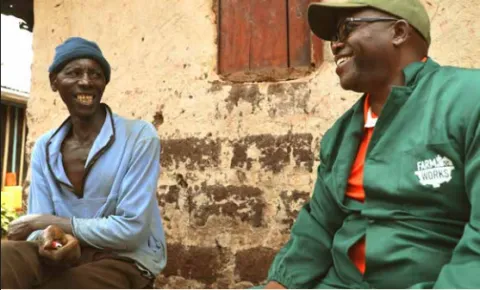
How do you measure the impacts of the projects supported by the ARAF fund?
Annual performance reports detail the project’s overall implementation progress, including performance against GCF investment criteria, financial information, project logic framework targets, indicators, environmental and social safeguards (ESS), indigenous peoples, and gender project considerations. The reports also provide information on challenges encountered and mitigation actions taken. The ARAF has an impact at three levels: lives impacted, farmer well-being and, climate resilience. ARAF reports annually against core indicators in line with GCF’s results management framework. At the impact level, ARAF reports on the number of the Fund’s direct and indirect beneficiaries (disaggregated by gender). At the outcome level, GCF measures increases in: the generation and use of climate information in decision-making; additional adaptive capacity and reduced exposure to climate risks; awareness of climate threats and risk reduction processes; resilience and enhanced livelihoods of the most vulnerable people, communities and regions; resilience of health and well-being, and food and water security.
Find out more
In Sub-Saharan Africa, the ARAF fund is strengthening the climate resilience of smallholder farmers
Financed by several partners and development finance institutions – including Proparco, via AFD Group’s FISEA+ facility –, the ARAF fund targets the issues of food security and climate change. It inve...
Published on November 12, 2025
Further reading
Where climate risk meets opportunity: how Ecobank is financing Africa’s future
Published on November 6, 2025


